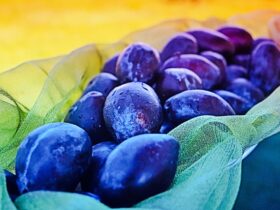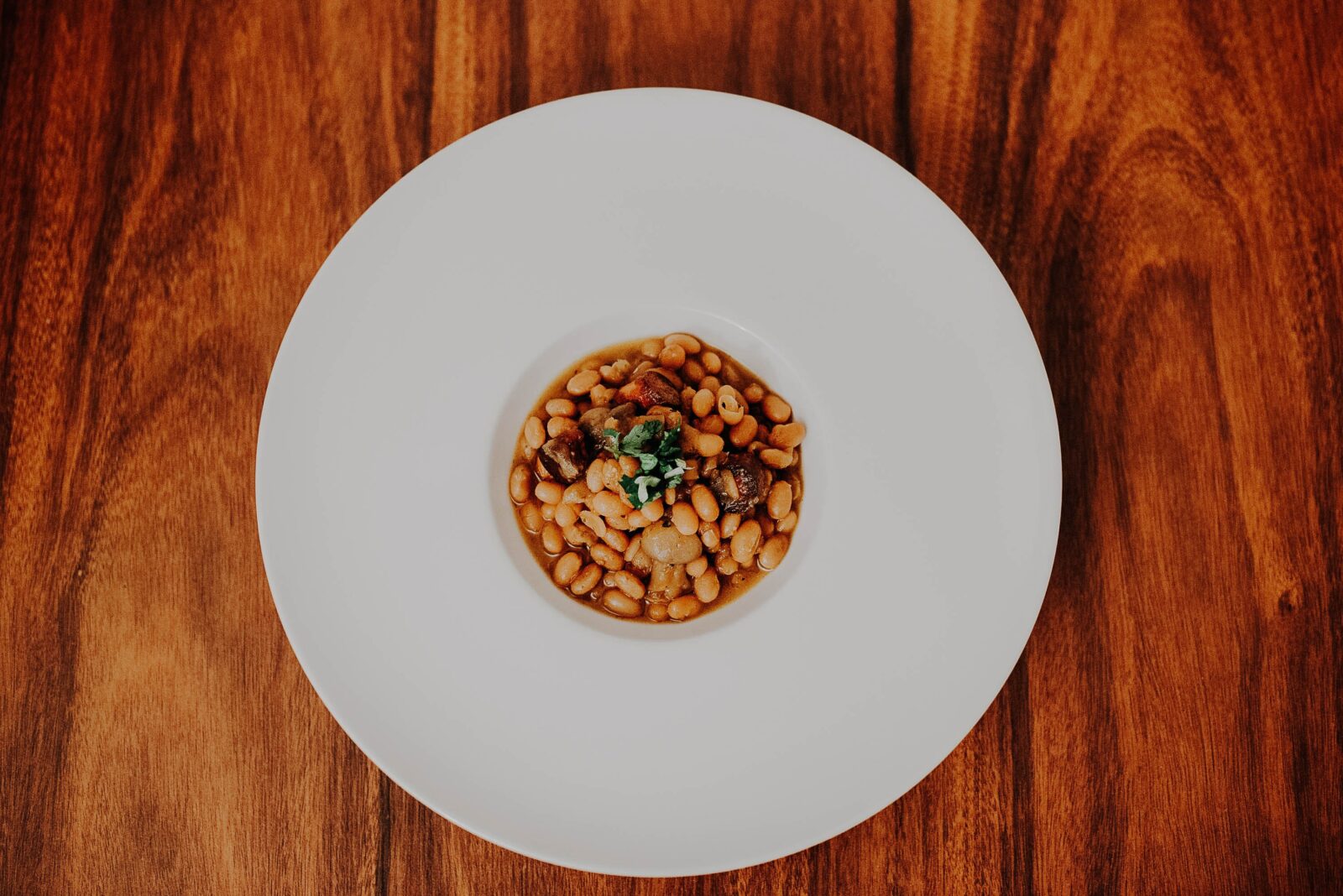Plant-based foods, also known as vegetarian or vegan foods, are foods that come from plants, not animals. Some examples of plant-based foods include beans, nuts, whole grains, vegetables, and fruits. Plant proteins have a lot of advantages over animal proteins. They’re easier to digest, and many contain key nutrients like iron, magnesium, zinc, and calcium that meat sources lack. Plus, they’re lower in saturated fat, higher in vitamins, and contain more fiber.
Plant-based foods are great for your health, but living on a plant-based diet requires preparation. Eating plant-based foods requires that you plan ahead and think about how you can incorporate plant-based foods into your lifestyle.
However, it’s not as hard as you may think. Plant-based foods do not need to be mushy and gross. Many plant-based foods, such as beans and nuts, can be eaten raw.
- Beans are a staple in many plant-based meals. They are full of fiber and protein and mostly fat-free. They can be boiled, baked, or eaten raw. Beans are also a great source of iron, which is important for carrying oxygen to all of your cells and for forming red blood cells.
- Nuts are also great plant-based food, packed with protein and healthy fats. Nuts such as almonds, walnuts, and peanut butter can be eaten raw or roasted. Nuts contain enough protein to keep you full for a long period of time. They are also a good source of protein and fiber, which can help keep you full and energized.
- Whole grains are also a great source of plant-based protein. Some examples of whole grains include brown rice, bulgur, and quinoa. Whole grains are nutrient-dense. They contain B vitamins, minerals, and protein. Whole grains are a higher-fiber alternative to processed grains. Whole grains are also rich in antioxidants.
- Vegetables, such as kale, broccoli, spinach, and tomatoes, are a great source of plant-based protein. Vegetables are an excellent source of vitamins and minerals.



























Leave a Reply